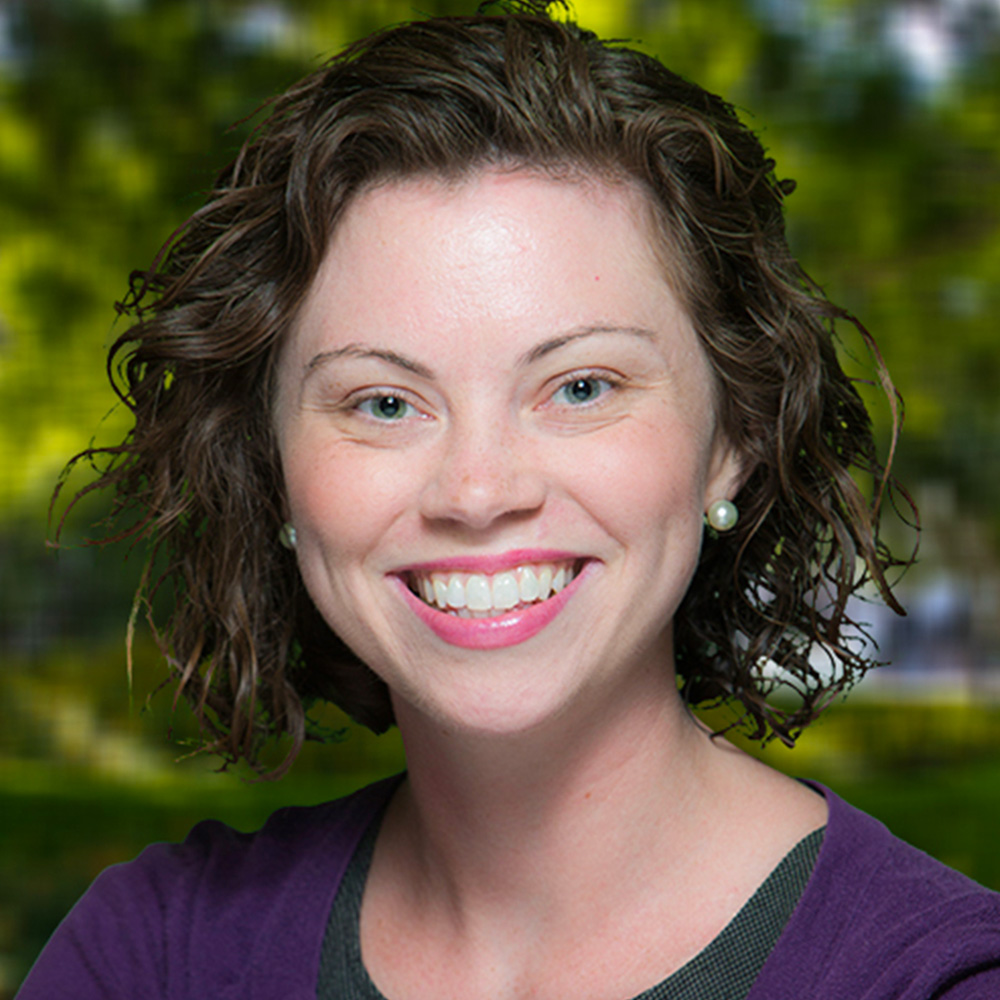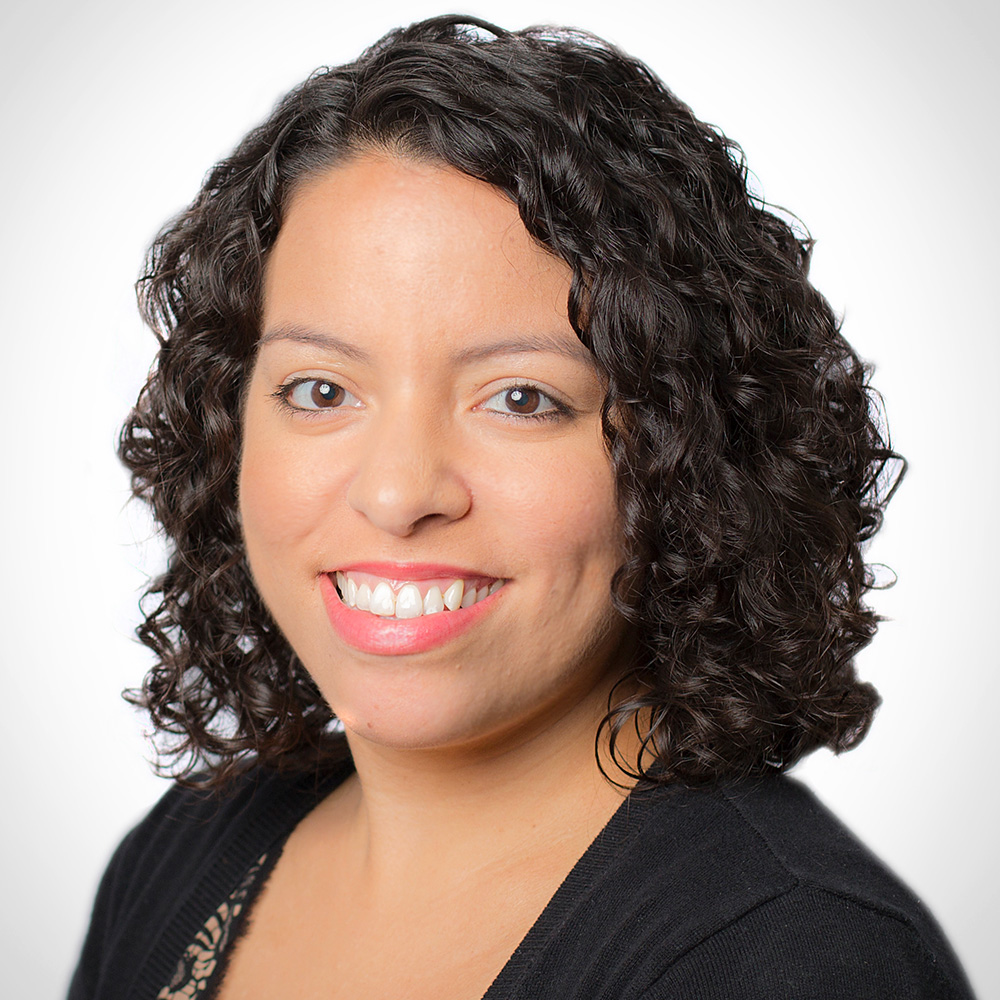Academic Advising
At the School of Communication within the University of Loyola Chicago, our team of advisors makes sure students are on the path to a successful academic career. Our advising staff assists students with finding a schedule that fulfills graduation requirements, works with their other commitments, and ensures they’ll leave Loyola University Chicago with the skills they need to thrive. Don’t wait to speak with your academic advisor about any concerns or questions you have.
Prospective students should contact the Office of Undergraduate Admissions.
Freshmen and sophomore students are assigned an advisor in First and Second Year Advising. This advisor is located at the Lake Shore Campus.
Juniors, seniors, graduate students, and current transfer students are advised within the School of Communication. These advisors are located at the Water Tower Campus and offer virtual and in-person appointments. For current students, appointments are scheduled via Navigate.

Ashley Gisiger
Senior Academic Advisor
Advises juniors and seniors, last names A-M

Lauren Sanchez
Assistant Dean Academic Advisor
Advises juniors and seniors, last names N-Z, as well as all graduate students
At the School of Communication within the University of Loyola Chicago, our team of advisors makes sure students are on the path to a successful academic career. Our advising staff assists students with finding a schedule that fulfills graduation requirements, works with their other commitments, and ensures they’ll leave Loyola University Chicago with the skills they need to thrive. Don’t wait to speak with your academic advisor about any concerns or questions you have.
Prospective students should contact the Office of Undergraduate Admissions.
Freshmen and sophomore students are assigned an advisor in First and Second Year Advising. This advisor is located at the Lake Shore Campus.
Juniors, seniors, graduate students, and current transfer students are advised within the School of Communication. These advisors are located at the Water Tower Campus and offer virtual and in-person appointments. For current students, appointments are scheduled via Navigate.
